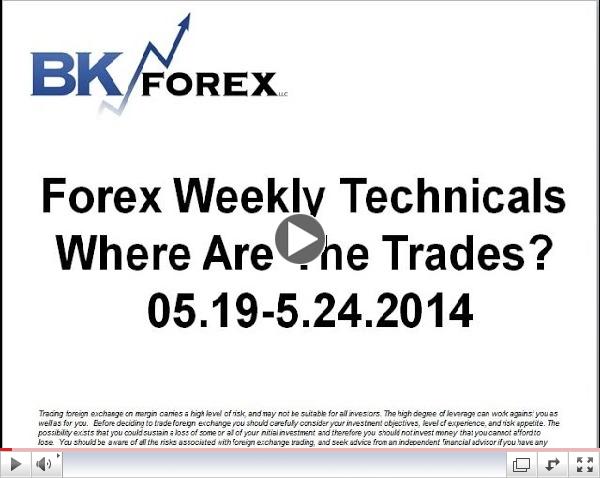This week I am re-running a oldie but a goodie: Does success in business require you to take outsized risk? Do you need to max out your credit cards, leverage your house and put your whole life in the hands of fate in order to achieve your dream? That's been the mythology built around American entrepreneurship, but in this week' s issue of the New Yorker, bestselling author Malcolm Galdwell dispels this mistaken notion by demonstrating how true entrepreneurial success is actually the result of assiduously removing risk from the equation. Galdwell focuses on two every different personalities- Ted Turner, the hard drinking, carousing, Captain Courageous of America's Cup fame who made billions in media and John Paulson, the frugal (he still takes New York city bus to work), Queens born and raised hedge fund manager who made billions of dollars shorting sub-prime debt in 2007 and 2008. At first glance Turner, appears to be the antithesis of a sober, cautious, risk averse businessman. With his outrageous antics, and instinct for showmanship the "Mouth from the South" is the poster child for the idea of a rebel entrepreneur - a man who bucked the system, risked everything and came out on top. Underneath it all however, Turner turns out to be one of the most conservative businessmen on the planet, never willing to pay a dime if he can get something for a nickel. Galdwell tells the story of how Turner was able to buy the Atlanta Braves in the early 1970's. At that time Turner owned a small UHF station that broadcast Braves away games. The team was a money loser and the owners wanted to sell it for 10 Million dollars. Turner convinced them to take a 10 year payout at 1 million per year - but here is the kicker Turner was already paying the Braves $600,000 per year in broadcast fees, so effectively he bought the whole team for just $400,000 more per year allowing him to broadcast all 162 games of the season, receive substantial ad revenue in return and own the sports franchise outright to boot. Paulson though diametrically opposite from Turner in personality shared the same careful mindset. In 2006 his research showed that the sub-prime debt instruments which were exploding at the time, could be vulnerable to a sell off. Paulson's key insight came from the realization that the housing market did not need to decline- it simply needed to level out in order to cause a steep slide in many of the subprime securities because most of the mortgages were financed not on the assumption that the owners would be able to service the debt, but on the notion that they would be able quickly refinance them as housing equity grew. However, even armed with this knowledge Paulson did not immediately dive into the market. Instead he explored the landscape and was astounded to find out that the CDS market was charging only 0.5% to 1% premium per year to insure this essentially worthless debt. But the story gets better. The CDS settlement mechanics required Paulson to pay his premiums only once at the end of each year. That meant that he could park his money in short term Treasuries and collect interest on his capital while still holding his bearish bets. In short, his actual net cash outlay was only half the amount of premium paid which were miniscule to begin with. To us as traders, the lessons of Galdwell's story are clear. Although we are traders, not investors and do not have the luxury nor the time to create the customized, highly asymmetric bets of Turner and Paulson, we can still learn from their actions. Success in trading like in all business rests not on the idea of taking risk, but on the notion of removing it as much as possible. To be sure, there are some risks that are unavoidable and you must be prepared to assume them if you want to trade, but many risks can be eliminated through careful selection and research. That why K and I spend countless hours trying to understand what can go wrong with our trades rather than focus on what can go right. In trading as in business if you take care of the downside, the upside will take care of itself.  | | Forex Weekly Techs Where Are The Trades? 05.19-5.24.2014 |
|
Tidak ada komentar:
Posting Komentar